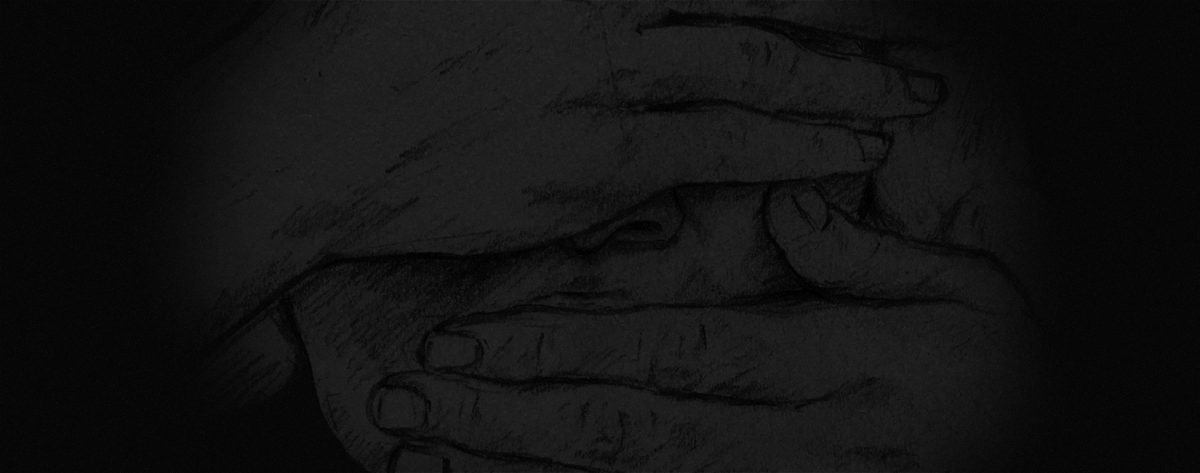Like all things, civilisations die. Many, as they near their end, experience brief epochs of revival where it seems they have managed to escape their fate. In times of antiquity, when civilisations spanned millennia, such periods of respite might have lasted for hundreds of years. Still, they represented nothing more than the postponement of the inevitable.
In this age we face our own catastrophe, one which threatens not only a single branch of humanity, but the whole world. There will be no subsequent culture to pick through the best of our accomplishments and forge them into something anew. Yet unlike the peoples of these bygone ages we have a measure of foresight, which might, if we are fortunate, allow us to avoid our own annihilation.
There is a consensus among scientists regarding the dangers of climate change, and an idea of what must be done to, if not to completely avert, then at least side step disaster. There are people who refute these claims, people who refuse to believe, but for most of us the changes in the world around us are apparent and we do believe. Isn’t it strange then that we allow things to continue as if there is no urgency, that people carry on as if this is a chore that can be put off until tomorrow? We do our recycling, maybe we walk or cycle a bit more, or use public transport, but still we keep guzzling the vast amount of products produced for our consumption, without question. We have become a marketeers wet dream, beholden to brands that peddle dreams of the satisfaction or prestige we will gain by owning or being associated with them. A satisfaction that the lives we have been forced into often negates. By we I principally mean the people of the West, because our insatiable appetite for everything has obvious consequences for the rest of the world, often those charged with producing the very goods we consume. It is simple maths, when one section of the world lives in excess, another will experience want.
Read more


